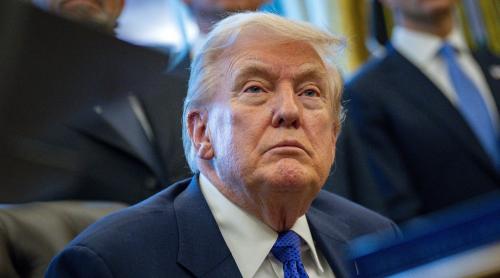
December 6th 2004
The journalistic profession requires one to first grasp the news and then react emotionally.
by MARIUS TUCA
When I heard Teo Peter famous Romanian musiciant died in a car accident, I was unable to say one word for a time. It felt as if a dear friend had died. There are so many of them, the friends we seldom speak to face to face, happy to just know they are "out there," living their lives as they should. Only when untimely death separates us we get to understand the true nature of our relationship, so strong, though not obvious, not felt, not fathomed to be so.
The journalistic profession also leaves no room for pausing for recollecting oneâs thoughts.
What was built in years of practice turns out to be a mechanism for triggering the investigator if not the prosecutor living within ourselves. This is all the more true in the case of Teo Peterâs death.
All we want to know now is how did the car accident occur?
Why the U.S. Marine, working for the American Embassy in Bucharest, refused the blood test.?What is this thing with the American Embassy working on the case? How comes that the Americans get separate treatment than the rest of the world? How is it possible for all sorts of new laws and diplomatic customs and immunities to pop up when the issue is that an American Embassy employee killed another man? Do we ask ourselves these questions because at stake is an American Embassy employee as the guilty party, or because the victim of the accident is sa famous man liket Teo Peter?
What would the reaction to expect from a journalist be, when seeing that the American Marine sin charge with the personal security of the American Ambassador, and most likely driving under the influencet was escorted out of the Romanian territory? What other reaction would one have than that of any other person witnessing this kind of preferential treatment?
Translation : ANCA PADURARU
Citește pe Antena3.ro

















